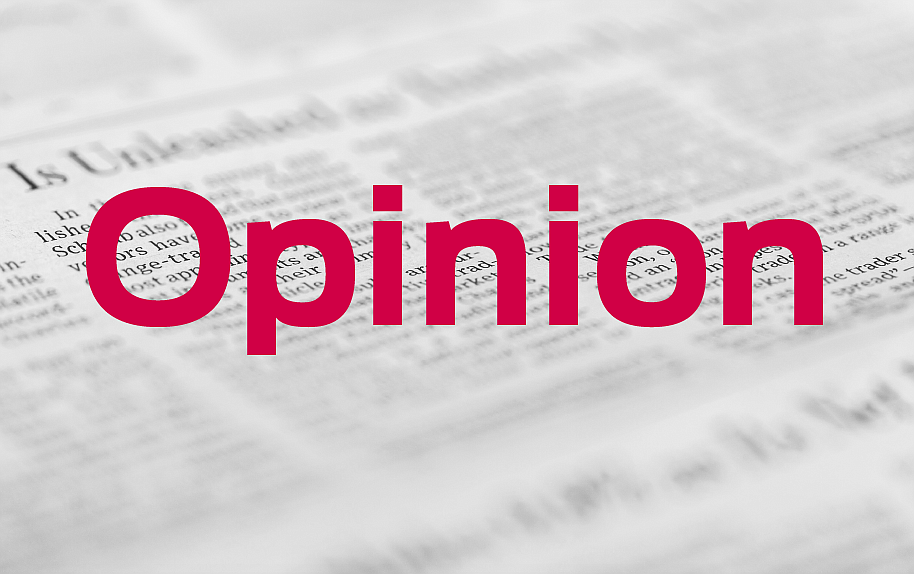- May 16, 2025
-
-
Loading

Loading

Here is where this whole COVID-19 appears to be headed:
As the days go by, we’re going to find out that the denominator in this equation — deaths divided by the number of people who contracted it — is going to skyrocket, and that the lethality of the coronavirus is going to end up below that of the 2009 H1N1 pandemic.
We’re hearing that more and more. Public health researchers from all the respected medical institutions are obtaining what they’ve always said they needed: better data. And the data are increasingly showing that lots and lots of people have contracted mild cases of COVID-19 and live.
We’re going to find out that, comparatively, COVID-19 is and was not nearly as bad as the so-called experts and, especially, the media told us it was and was going to be.
And we’re going to look back on this and become even more disgusted than we are now at how the national news media — especially TV — and the elected politicians made this pandemic feel like the equivalent of a worldwide nuclear holocaust.
Here in the U.S., those two groups — the media and the authoritarian governors — pumped and poured so much fear and panic into all of us that it is going to take years for the amazing trust that existed in the American and worldwide economic system to return to what it was — and should be.
Indeed, as we hear it discussed in business circles, the overriding No. 1 issue to overcome for the economy and businesses is the fear that permeates the world: that you can no longer sit next to a co-worker or stand closer than 6 feet away from the person in front of you at the checkout line, that you can no longer hug or kiss your relatives.
Don’t misunderstand. We’re not at all dismissing or trying to downplay the seriousness of COVID-19. We all have heard the medical professionals talk about how contagious it is and how quickly it can kill.
The fact it can spread so quickly and unnoticed and that it can kill faster than other influenzas are the two chief factors that make COVID-19 unlike other viruses and pandemics.
That is especially so for the people most susceptible — the immunocompromised. People with lung issues, obesity, hypertension, diabetes and old age are especially vulnerable. We’re told all those people should be self-isolating. Not only from the public but also in their own homes.
But as more and more governors — as well as Americans — are moving toward reopening the economy, one of the big questions is how businesses are going to be able to snuff out consumers’ fear and reestablish the trust they had pre-COVID-19.
Our free-market economic system is built almost entirely on trust. When you pick out a package of bacon at the grocery store, you do it with the trust that the baconmaker didn’t slaughter a herd of diseased hogs and package it as low-sodium bacon. When the restaurant server brings out your meal, you trust that the crew in the kitchen, whom you don’t see, aren’t sneezing on your food. When you push the button to start your car and drive it, you trust that the steering wheel will turn and the brakes will stop the car. When the doctor prescribes a medication, you trust that the pills are not filled with lethal poison.
On top of that, we’re social beings. We thrive on interaction with one another. God made us that way. But now we’re told to keep our distance; you can’t go to a sporting event.
Last week, Iain Webb, artistic director of Sarasota Ballet, informed his dancers what next season’s dances are going to be. But all the dancers wondered: Will anyone show up? Will they pay to sit a foot away from a stranger in a dark theater?
As it is with all trust, businesses will have to reearn it.
Watch what happens as businesses try to reopen, especially restaurants and hotels. An economic development executive told us he heard a hotelier say: “We’re going to be in the medical business, not the hotel business.” The hotelier envisioned all of the new measures that will be required to convince guests that his hotel was germ free.
How will restaurants ever go back to large crowds and diners sitting less than 6 feet from one another? We’ve heard restaurateurs say if they have to operate at half capacity, the economic model doesn’t work.
Regaining that trust will require what they say in Missouri: “Show me.” Jaime DiDomenico, CEO of Cool Today, believes industry sectors will create new health, safety and certification programs that tell consumers a business is safe.
This is going to be a slow process. But crucial to rebuilding that trust is this: The media and politicians need to quit fueling fear. The statistics increasingly are saying they are wrong.